

Anemia, a condition of the deficiency of red blood cells or hemoglobin, affects millions of individuals all over the world and leads to symptoms like tiredness, weakness, and breathlessness. While medical treatments are required, change in diet is an important aspect of curing and preventing anemia. Incorporating dry fruits into one’s diet is a natural and effective measure in combating this disease.
Understanding Anemia
Anemia occurs when the body does not have enough healthy red blood cells to deliver enough oxygen to tissues. The most prevalent form, iron-deficiency anemia, is caused by iron deficiency, a major part of hemoglobin. Causes of anemia are:
- Nutritional Deficiencies: Iron, vitamin B12, or folate deficiency.
- Chronic Diseases: Kidney disease or cancer.
- Blood Loss: From injury, surgery, or heavy menstruation.
- Genetic Disorders: Sickle cell anemia or thalassemia.
Nutritional Value of Dry Fruits
Dry fruits are fruit dehydrated and holding most of the nutrients, providing a concentrated form of vitamins and minerals. Some of the major nutrients useful in anemia are:
- Iron: Required for hemoglobin production.
- Vitamin C: Increases absorption of non-heme iron from plant sources.
- Folate: Required for red blood cell production.
- Copper: Enhances iron absorption.
Top Dry Fruits Useful in Anemia
Raisins: Dried grapes that are full of iron containing about 2.6 mg per 100 grams. Vitamin C is also present, promoting iron absorption. Daily consumption may increase hemoglobin.
Dates: Sweet and rich in iron with about 4.79 mg per 100 grams. They are also a source of fiber and vitamin C, promoting better health.
Apricots: Dried apricots contain approximately 2.7 mg of iron per 100 grams. Apricots also include antioxidants and vitamin A, which are beneficial for the eyes.
Figs: Figs contain approximately 0.37 mg of iron per 100 grams. While lower in iron content than other dry fruits, figs include dietary fiber and useful minerals such as magnesium and calcium.
Prunes: Dehydrated plum that provides about 0.93 mg of iron in 100 grams. Prunes also support digestion because of the very high content of fiber in them.
Almonds: Though not very high in iron content (about 3.7 mg per 100 grams), almonds are exceedingly high in copper, which is an accessory factor in iron assimilation.
Mechanism: Mechanism through Which Dry Fruits Aid in Combating Anemia
Iron Supplement: Dry fruits are rich in non-heme iron, which boosts the quantity of required iron by the body to produce hemoglobin.
Enhanced Absorption: Dry fruits consist of vitamin C, which is predominant in most dry fruits, thus facilitating the absorption of non-heme iron.
Synergic Action of Vitamins and Iron: Mixing iron-rich dry fruits with vitamin C-enriched dry fruits is synergistic and promotes iron assimilation at a maximum rate.
Snacking: Have a small handful of a combination of dry fruits as mid-morning or late-afternoon snack.
Breakfast Supplements: Mix chopped dry fruits with cereals, oatmeal, or yogurt.
Salads: Mix raisins or chopped dates with salads for a touch of sweetness.
Baking: Mix dry fruits with muffins, bread, or energy bars.
Smoothies: Mix figs or prunes with smoothies for sweetness and nutrition.
Precautions and Considerations
Portion Control: Dry fruits are calorie-dense; take them in moderate quantities to avoid calorie overload.
Sugar Content: Certain dry fruits contain high amounts of natural sugars; diabetic patients should be cautious about their use.
Allergies: Keep in mind the possibility of a nut allergy while using almonds or other tree nuts.
Balanced Diet: As healthy as dry fruits are, they should go with a balanced diet consisting of a variety of nutrients.
Conclusion
Consuming dry fruits as part of your daily diet provides a natural, tasty, and effective means of managing and preventing anemia. Their high nutrient content not only corrects iron deficiency but also general well-being. For any dietary modification, it is best to consult a doctor or nutritionist to adjust accordingly based on personal health requirements and conditions.
For some range of high-quality dry fruits for your diet, go to Qudrati Food.
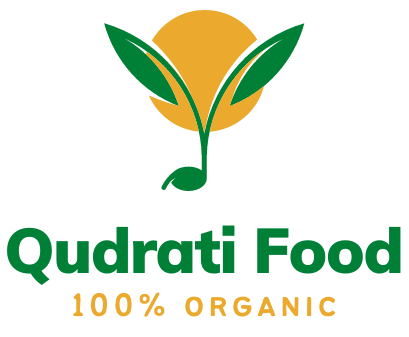
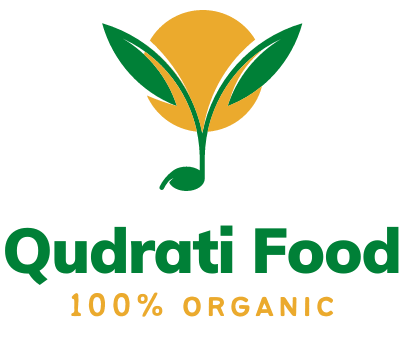

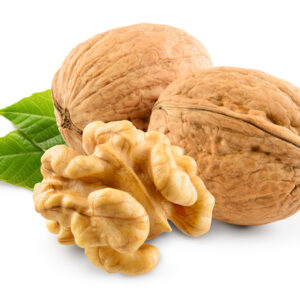
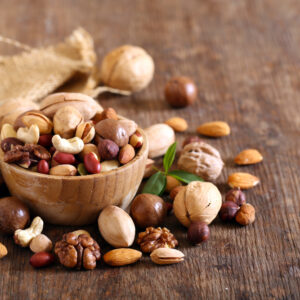
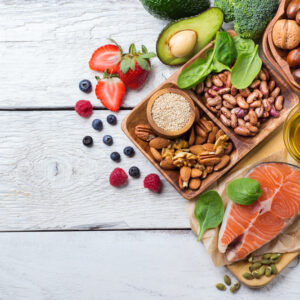

Leave a Reply